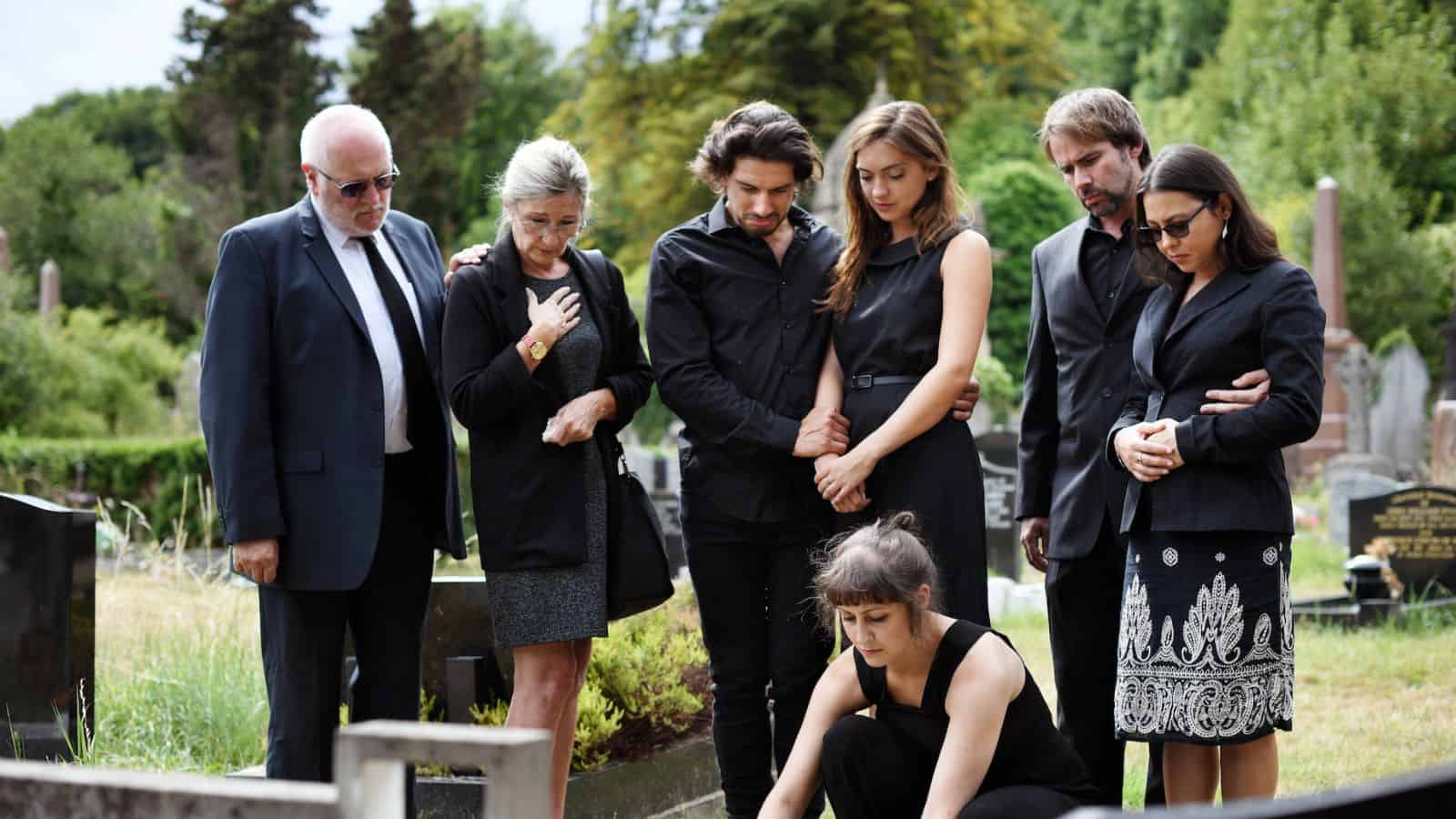Society has changed immensely over the past few decades, let alone the past century. As well as massive cultural and political upheavals across the world, we’ve also undergone plenty of social changes that have impacted our societal norms. To observe these changes, we’ve compiled a list of 19 once-accepted societal norms that are deemed wrong nowadays.
Only Men Having Careers

Back before women’s emancipation, it was normal in society for men to go to work and earn a salary while their wives stayed at home and looked after the children. Nowadays, both men and women have their own careers, and in some families, the women take on the role of the breadwinner, which would have previously been unthinkable.
Employees Spending Their Lives at One Company

Even as recently as the latter half of the twentieth century, it was common for people to enter the workforce and never leave that first company. Nowadays, older generations sometimes criticize younger workers for ‘job-hopping,’ but it’s no longer the norm to remain at one company if a better job opportunity comes along.
Couples Living Apart Until Marriage

In centuries past, it was the norm for couples to live separately until they were married. However, with more people nowadays declining to marry, cohabitation has become the new societal norm. According to Verywell Mind, cohabitation is actually beneficial to couples who plan to wed because it shows increased commitment, trust, and investment.
Only Straight Couples Marrying

This old-fashioned societal norm was actually only bucked very recently. The United States voted to legalize same-sex marriage in 2015, with many other countries across the globe still declining to do the same. Thanks to this huge political breakthrough, both straight and gay couples can now marry in the US, which sets a precedent for further moves toward equality.
Communicating Only Via Telephone

The invention of the telephone in 1849 technologically transformed society. However, it meant that people only communicated via phone calls, a norm that is now unimaginable thanks to cell phones, which were invented in 1973. Telephone etiquette has completely changed in modern times, with more people opting to text first instead and declining to leave voicemails.
Premarital Sex Ruining Your Reputation

This societal norm only used to penalize women, but the entire concept of premarital sex was inconceivable to the traditional societies of centuries past. People, but women especially, were expected to ‘save themselves’ for marriage, with physical relationships outside of wedlock being viewed as scandalous and ruining the reputations of those involved.
Only Men Pursuing Further Education

Nowadays, the idea of only men attending college after graduating high school is bizarre. In fact, research by Statista shows that 8.92 million female students enrolled in college in 2021, compared to 6.52 million male students. However, it was previously the norm for only men to pursue further education, even after colleges began accepting female students.
Writing in Cursive

Cursive used to be taught to elementary school-aged children alongside handwriting, but this societal norm has almost completely died out in the twenty-first century. Many US schools have now removed cursive handwriting from their curriculums entirely, with the majority of Gen Z having never learned it or been required to use it in their lives.
Addressing People by Their Titles

This one is likely due to the fact that people nowadays have much more casual relationships with the people around them. It would seem strange to refer to your co-worker, for example, as ‘Mr,’ ‘Mrs,’ or ‘Miss’ Surname, but that used to be how people showed respect when addressing others. Now, society is less stiff and distant, allowing for familiarity.
Overdressing at Work

Plenty of people work in modern offices, and it isn’t odd to see them rocking up in casual clothing, like jeans, sweaters, and sneakers. However, if you’ve ever watched shows like Mad Men, you’ll know that, decades ago, businesses used to implement strict formal dress codes. Some still do, but it definitely isn’t the norm anymore.
Brides Wearing White

The majority of brides do still wear white dresses to their weddings, but this is no longer regarded as the stuffy norm that it once was. Queen Victoria set a precedent back in 1840 with her white bridal gown, but a 2022 poll by Minted showed that one in five brides now consider wearing white to be an outdated tradition.
Taking Your Husband’s Surname

This is another example of a previously-rigid societal norm that still exists but isn’t considered the only option anymore. With more women now having their own careers and professional achievements, it’s no longer the ‘done thing’ to take your husband’s surname if you don’t want to. Women have the autonomy to choose, and many prefer to retain their identities.
The Bride’s Family Funding the Wedding

Another wedding-related norm of the past is the bride’s family paying for the entire celebration. This societal norm dates back to when women were given away to their husbands with a dowry (usually property or money). However, it would now seem wrong to expect one side to pay for everything, with most couples funding their big days themselves.
Covering Your Ankles

Women’s fashion has perhaps undergone the biggest societal upheaval since the 1800s. Back then, flashing so much as their ankles was considered scandalous. In fact, Bustle reports that table legs even had to be covered with cloths because they closely resembled women’s legs! Nowadays, women’s fashion is much freer, and ankles are, thankfully, no longer sexualized.
Serving Women First at Restaurants

Some more traditional establishments do still implement the ‘ladies first’ rule, but it’s no longer expected. It used to be considered a polite societal norm to serve female guests before male guests, but now restaurants often serve clockwise or anticlockwise around the table regardless of who the patrons are.
Keeping Your Hands Under the Table

You’ve probably heard older relatives lecturing about how it’s bad manners to put your elbows on the table, but we aren’t as strict with dinner table etiquette as we used to be. Nowadays, it’s normal to see people with their hands and arms above the table, engaging in much more casual body language, especially outside of fine dining settings.
Introducing Yourself With a Handshake

There are some places where we expect to introduce ourselves with a handshake, such as at a job interview, but it’s no longer the norm to offer your hand everywhere you go. Even when you meet new people, it’s more common now to smile, wave, or just verbally introduce yourself than to initiate a handshake.
Only Engaging in ‘Polite’ Conversation

There used to be plenty of conversation etiquette that we would deem wrong today. For instance, it used to be seen as taboo to share personal things in conversation or get into deep debates about things like politics outside of the accepted settings where those discussions were arranged. People today speak much more freely and comfortably by comparison.
Wearing All-Black to a Funeral

It’s still considered pretty normal to wear all-black clothing to a funeral to symbolize your grief, but not everybody is restrained by this societal norm anymore. Some people ask invitees to wear colored clothing to funerals to celebrate the deceased person’s life. Other dark colors have also cropped up as alternatives to black, like navy or gray.
More From Planning to Organize

18 Things That Have Become Too Expensive And Are No Longer Worth It
18 Things To Stop Buying At the Grocery Store If You Want to Save Money
